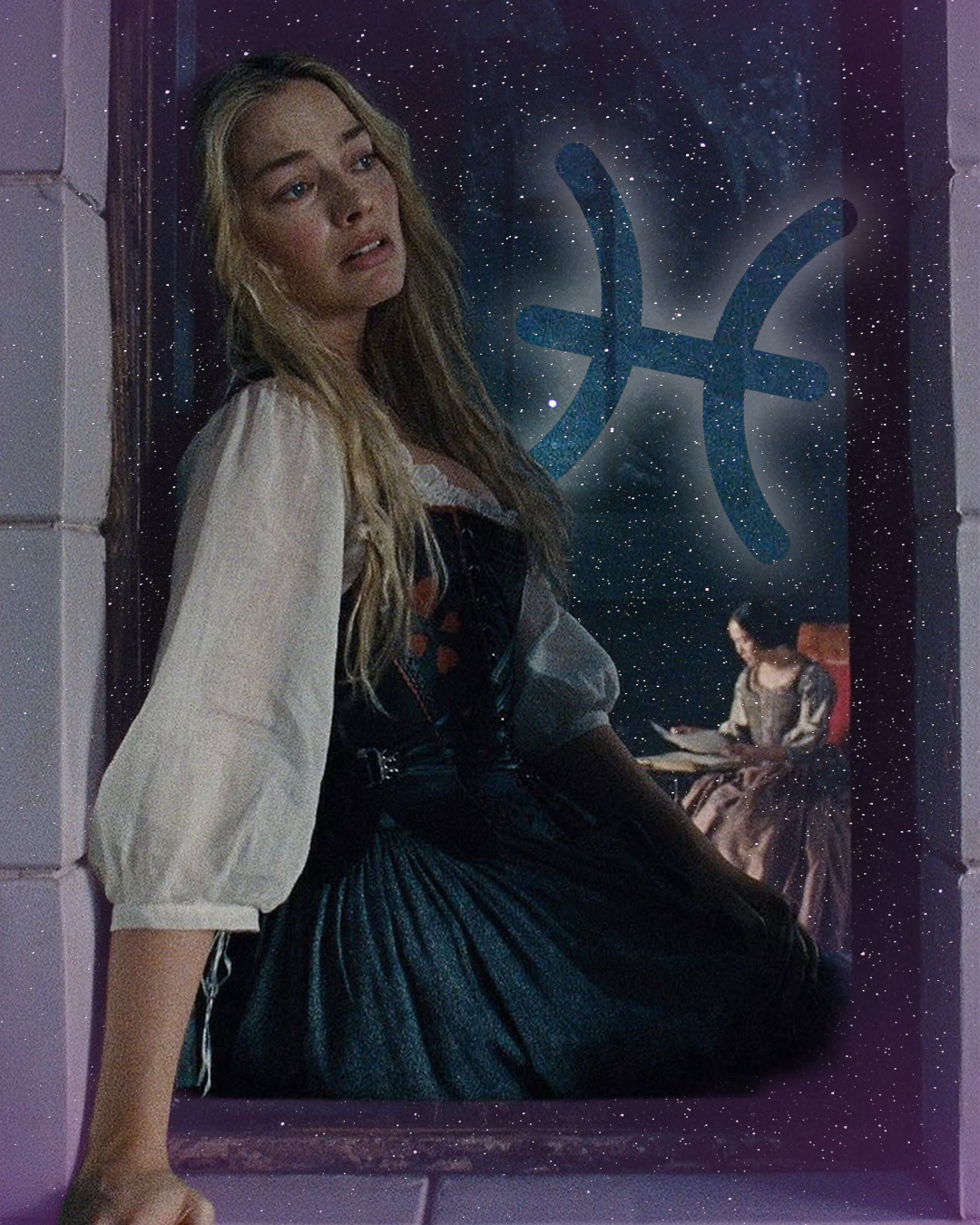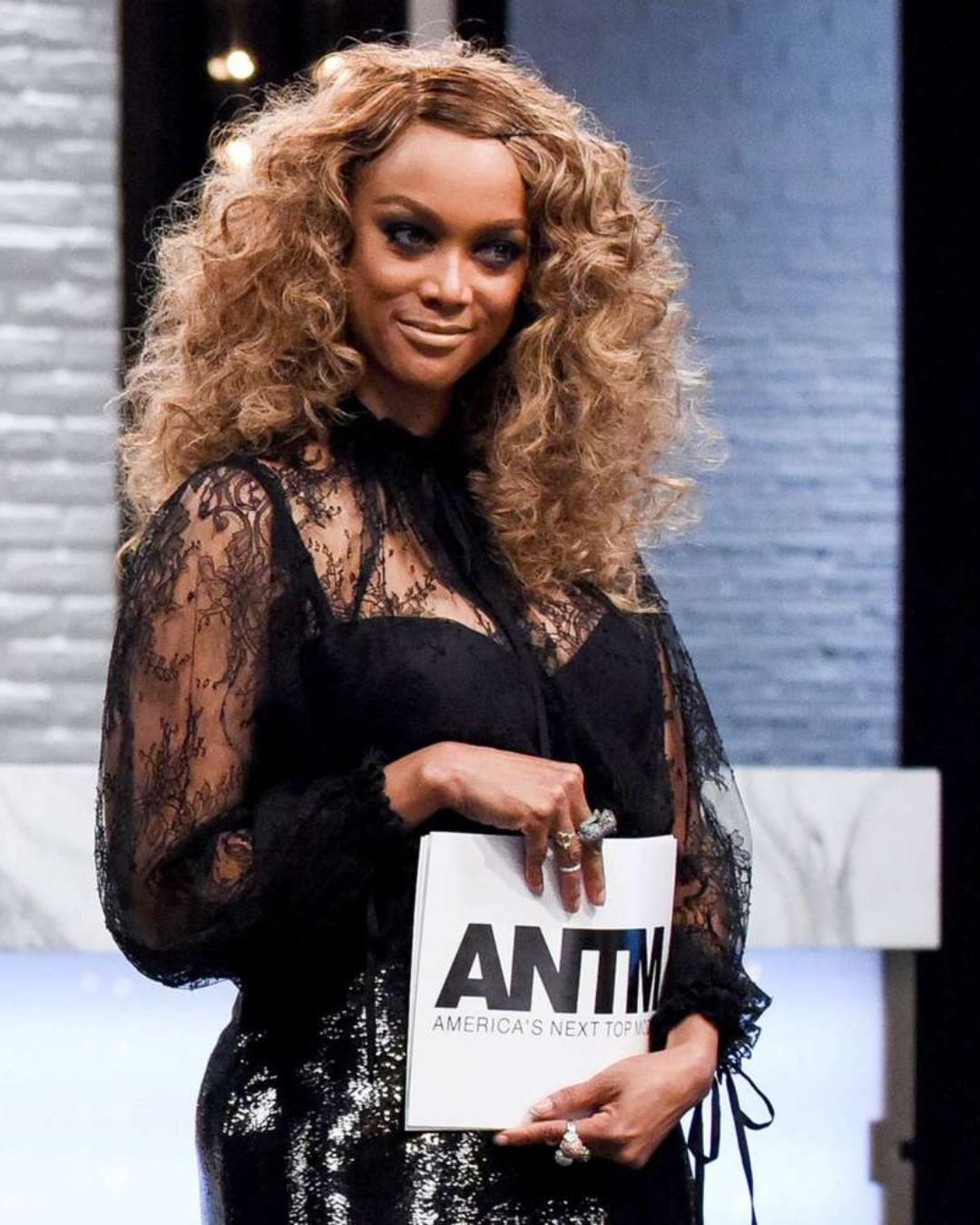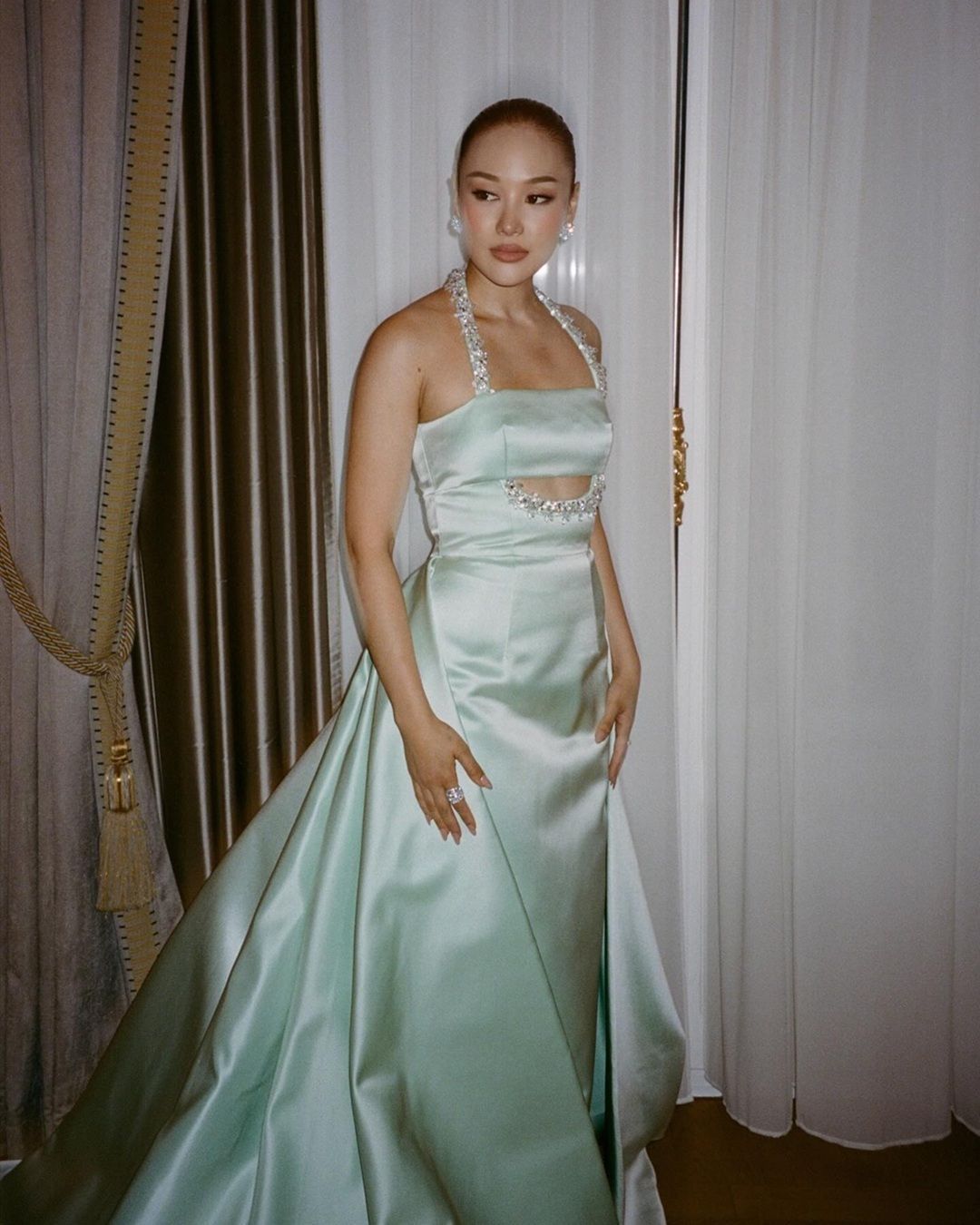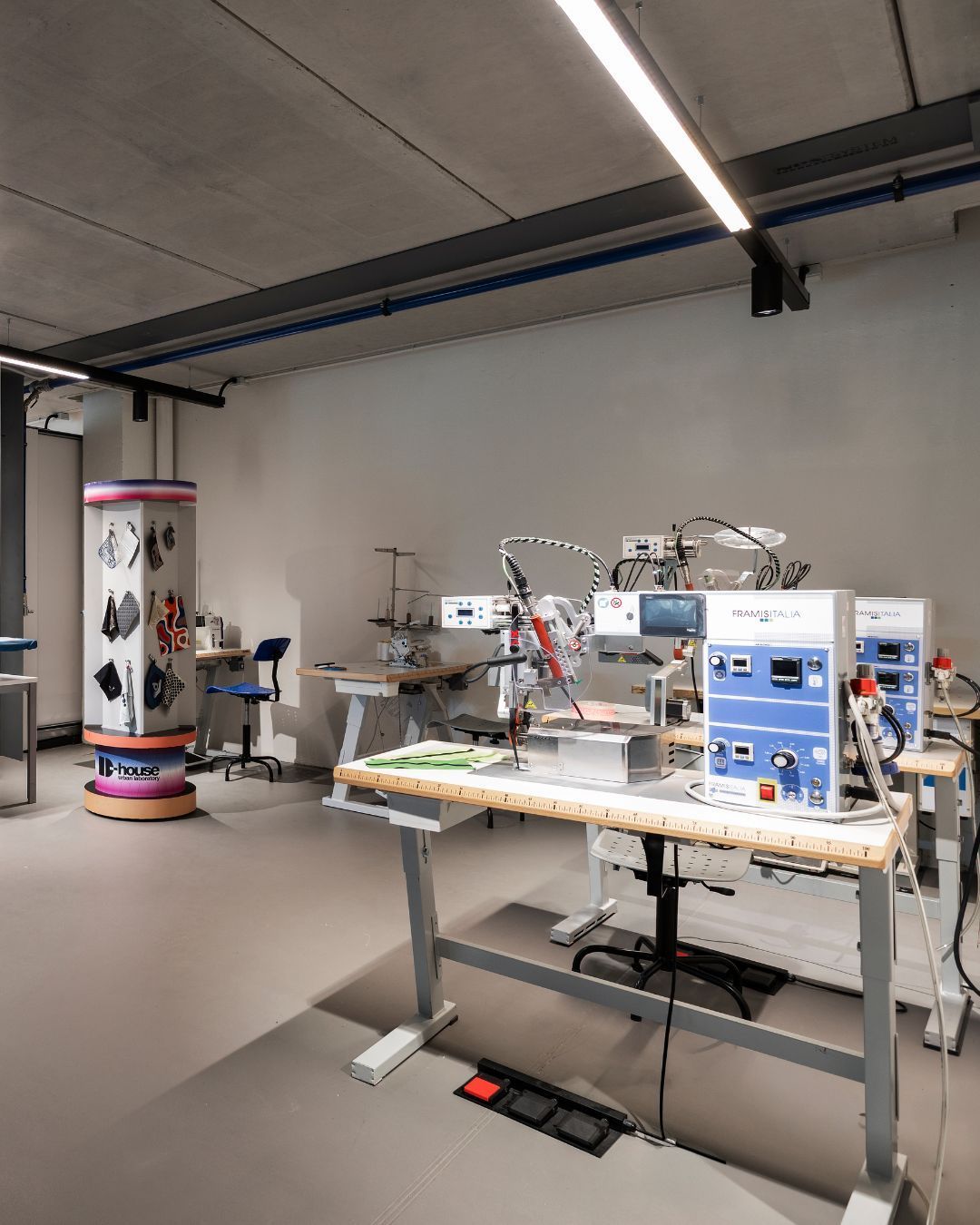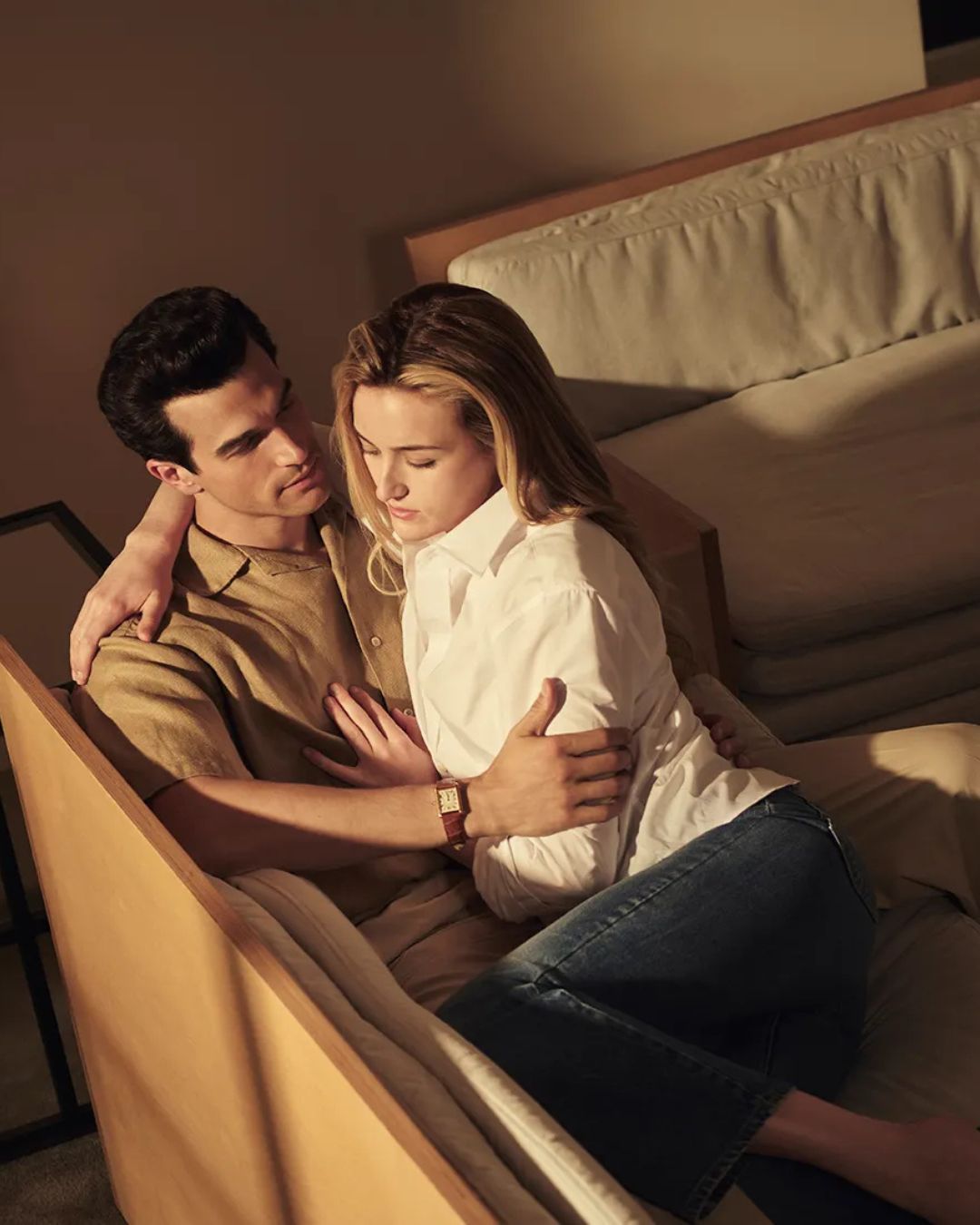
"L'amore, in teoria" deconstructs the male figure and shows us that there is hope Despite the flaws, the film with Nicola Maupas is a lifesaver
Let’s be honest: we’re living through scary times. Economic crises, tariffs, pandemics, environmental disasters, space missions with women posed like decorative dolls to satisfy a few millionaires’ whims, and a growing gender gap. No matter how you look at it, from any perspective, things aren’t going so well. And no, we’re not here to tell you that love will save us. That’s not even what Luca Lucini’s romantic comedy, L’amore, in teoria, sets out to do. Instead, the director—twenty years after his debut with Tre metri sopra il cielo —approaches a new kind of love story, one that reflects how relationships among new generations have evolved, thankfully far removed from the myth of the brooding bad boy on a motorcycle and the sweet, naïve girl ready to hop on. It’s a paradigm shift from the 2004 cult film starring Riccardo Scamarcio and Katy Louise Saunders, showing that in a time where femicides claim one woman every two days in Italy and toxic masculinity runs rampant across the internet—even in podcast form—there’s still a spark of hope. Just enough to remind us that maybe, just maybe, something has changed in recent years.
L’amore, in teoria – Plot and meaning of the film hitting cinemas on April 24
Take L’amore, in teoria as an example. Starring Nicolas Maupas, the film flips the script on the classic romantic lead: he’s insecure, awkward, and refreshingly uninterested in using tired, stereotypical tactics to prove he’s a "real man" to win over the girl he likes. Instead, he openly talks about what he wants and how he feels, without compromising his emotional honesty. Unlike Step from Three Steps Over Heaven, Maupas’s character Leone is just an ordinary guy trying to genuinely connect with someone—no alpha male act required. There’s no coercion, no need for manipulative or toxic games, and a refreshing vulnerability that feels honest and admirable. It’s a deconstruction of masculinity—not only through the protagonist, but also via his father (played by Francesco Colella) and a quirky homeless man portrayed by Francesco Salvi—a version of manhood we hoped was gone, but which certain corners of the manosphere and Andrew Tate followers are trying to revive. The film focuses on emotional awareness, especially in a formative phase of life where deep bonds begin to form and the risk of getting hurt is high. That’s why even rejection is one of the topics it tackles, showing how important it is to learn to accept it.
Despite its simplicity and a few writing flaws—like the resolution of Flor’s character played by Martina Gatti—L’amore, in teoria offers a refreshing take on the romantic protagonists that Italian teen cinema (or pre-teen, really) has long portrayed. It adopts a new and more relevant tone that reflects today’s world—or at least how we’d hope it to be: respectful, willing to listen, unafraid to ask for help when navigating feelings for someone, and mindful of what advice is actually worth following. It doesn’t shy away from conversations about sex and reinforces the idea that pleasure involves two people—and that there’s no “right” age for a first time, especially for boys. It’s a film that stands in direct contrast to what has often been served up in Italian cinema on this theme, and one we hope resonates with an audience that’s still figuring out what love is… even if only in theory.







